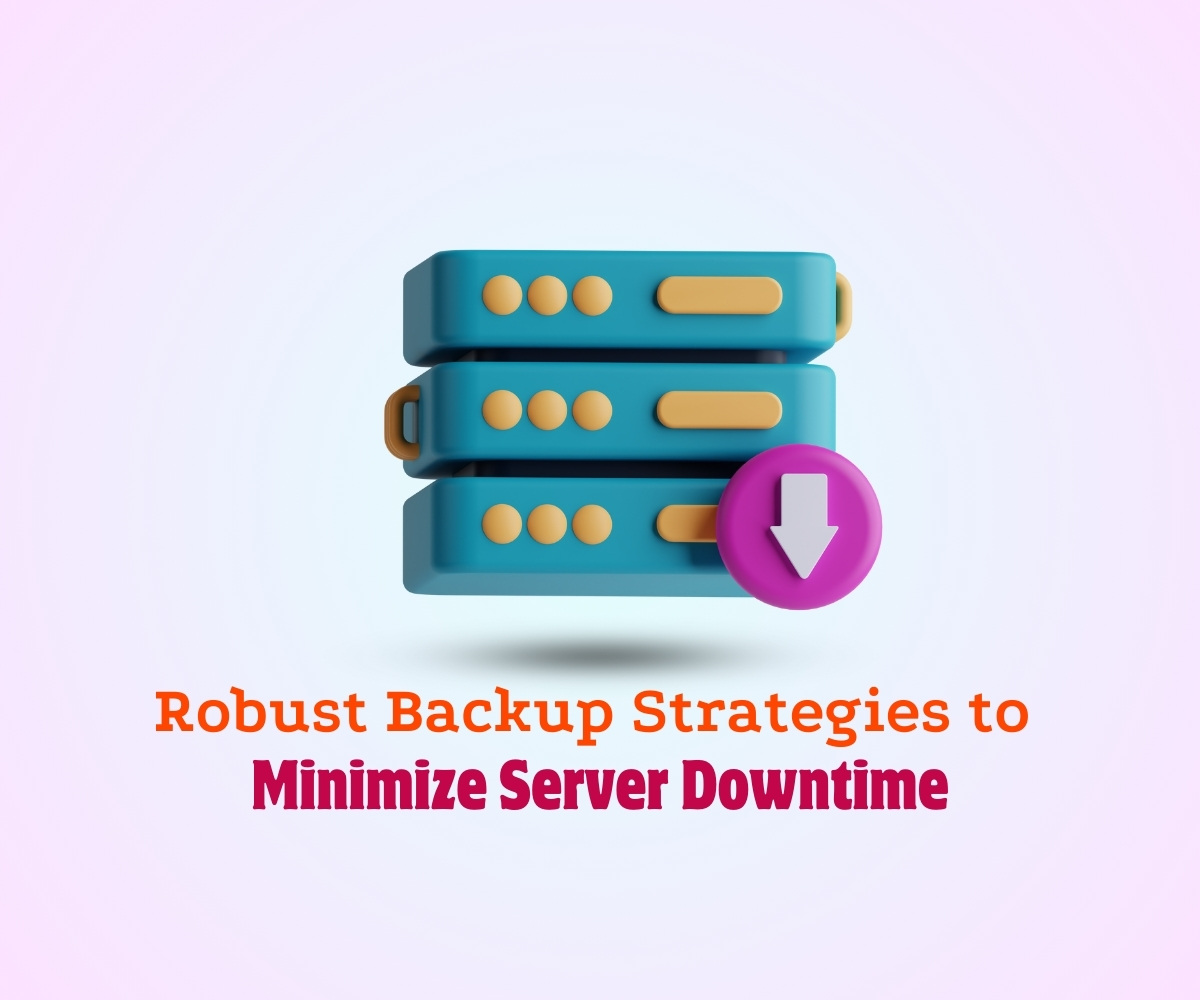
Exploring the Connection Between Uptime Guarantees and Web Hosting Pricing
In the competitive landscape of web hosting, uptime guarantees have become a standard offering among hosting providers, promising customers a certain level of reliability and availability for their websites and applications. These uptime guarantees often play a significant role in shaping the pricing structure of hosting plans, reflecting the investment required by hosting providers to ensure reliable infrastructure, advanced monitoring systems, and proactive support services. In this article, we’ll delve into the connection between uptime guarantees and web hosting pricing, exploring how these factors influence each other and impact the choices available to consumers.
Understanding Uptime Guarantees:
Uptime guarantees represent the percentage of time that a hosting provider commits to keeping a customer’s website or application online and accessible to visitors. For example, a 99.9% uptime guarantee implies that the hosting provider pledges to maintain the website‘s availability for at least 99.9% of the time, with minimal downtime or service interruptions. Uptime guarantees are typically expressed as a percentage and are often accompanied by service level agreements (SLAs) outlining the terms and conditions governing uptime commitments and compensation for downtime incidents.
Factors Influencing Uptime Guarantees:
1. Infrastructure Quality: The reliability and performance of a hosting provider’s infrastructure, including servers, network connectivity, and data centers, play a crucial role in determining uptime guarantees. High-quality hardware, redundant network architecture, and robust data center facilities contribute to better uptime performance and higher uptime guarantees.
2. Monitoring and Maintenance: Hosting providers invest in advanced monitoring and maintenance systems to proactively identify and address potential issues before they escalate into downtime incidents. Regular server maintenance, software updates, and security patches help minimize the risk of service interruptions and ensure consistent uptime performance.
3. Technical Support: Responsive and knowledgeable technical support teams play a vital role in maintaining uptime and resolving issues promptly. Hosting providers with 24/7 technical support and proactive monitoring services can quickly address downtime incidents, minimize disruptions, and uphold uptime commitments.
Connection to Web Hosting Pricing:
Uptime guarantees directly influence web hosting pricing, as hosting providers factor in the cost of maintaining reliable infrastructure, advanced monitoring systems, and responsive technical support when pricing their hosting plans. Here’s how uptime guarantees impact web hosting pricing:
1. Tiered Pricing Structure: Hosting plans with higher uptime guarantees typically command higher prices compared to plans with lower uptime commitments. Customers willing to pay a premium for guaranteed reliability and availability may opt for higher-tier plans with stronger uptime guarantees and enhanced features.
2. Value-added Services: Hosting providers may bundle value-added services such as advanced monitoring, automated backups, and priority technical support with hosting plans offering higher uptime guarantees. These premium services contribute to the overall pricing of the hosting plans and provide additional value to customers seeking enhanced reliability and peace of mind.
3. Cost of Infrastructure: Maintaining redundant hardware, network infrastructure, and data center facilities necessary to uphold uptime guarantees incurs additional costs for hosting providers. These costs are reflected in the pricing of hosting plans, with providers charging higher fees to cover the investment required to ensure reliable hosting infrastructure.
Consumer Considerations:
When evaluating web hosting options, consumers should consider the following factors related to uptime guarantees and pricing:
1. Performance vs. Cost: Balancing uptime guarantees with pricing considerations is essential for selecting a hosting plan that meets the needs and budget of the consumer. While higher uptime guarantees may come with a higher price tag, they offer greater reliability and peace of mind for websites and applications with stringent uptime requirements.
2. Service Level Agreements: Reviewing the terms and conditions of the uptime guarantee, including any exclusions, limitations, or compensation clauses, is crucial for understanding the level of reliability and support provided by the hosting provider. Consumers should carefully assess SLAs to ensure they align with their expectations and business objectives.
3. Customer Reviews and Reputation: Researching customer reviews and testimonials can provide valuable insights into the uptime performance, reliability, and customer satisfaction levels of hosting providers. Consumers should seek feedback from existing customers and industry experts to gauge the reputation and credibility of hosting providers before making a decision.
Conclusion:
In conclusion, uptime guarantees and web hosting pricing are closely intertwined, reflecting the investment required by hosting providers to ensure reliable infrastructure, advanced monitoring systems, and responsive technical support. Higher uptime guarantees typically command higher prices, reflecting the premium associated with guaranteed reliability and availability. When evaluating web hosting options, consumers should carefully consider uptime guarantees, service level agreements, and pricing structures to select a hosting plan that aligns with their needs, budget, and performance requirements. By understanding the connection between uptime guarantees and pricing, consumers can make informed decisions and choose hosting providers that offer the right balance of reliability, affordability, and value-added services.







